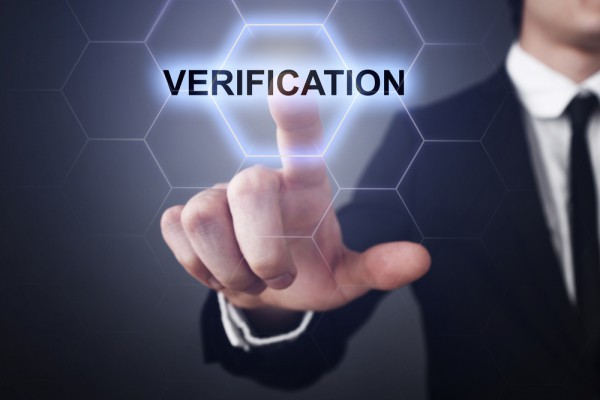A Comprehensive Guide to Company Verification in Hong Kong

In the dynamic and internationally-oriented business environment of Hong Kong, conducting due diligence on a potential partner, supplier, or client is not just prudent—it's essential. Company verification, often the first step in this process, provides critical insights into a company's legitimacy, financial health, and corporate standing. Fortunately, Hong Kong's transparent regulatory framework makes this process systematic and accessible.
Why Verify a Hong Kong Company?
· Risk Mitigation: To avoid fraud, scams, and partnerships with shell companies.
· Investment Decisions: To assess the credibility and financial stability of a target company.
· Regulatory Compliance: To meet "Know Your Customer" (KYC) and anti-money laundering (AML) obligations.
· Partnership Assurance: To confirm the legal status and good standing of a potential partner before signing contracts.
Key Steps and Sources for Company Verification
1. Search the Official Companies Registry (ICRIS)
The Integrated Companies Registry Information System (ICRIS) is the primary and most authoritative source for company data in Hong Kong. Managed by the Companies Registry, this online portal provides access to fundamental information about any registered Hong Kong company.
· What you can find:
· Company Name and Registration Number
· Company Status (e.g., "Live", "Dissolved", "Deregistered") – This is crucial.
· Date of Incorporation
· Registered Office Address
· Information on Directors and Company Secretary
· Certificate of Incorporation and Business Registration Certificate (for a fee)
· How to access: You need to register for an ICRIS online account. Basic information is available for free, while more detailed documents require payment of a small fee.
2. Verify the Business Registration Certificate (BRC)
Every company operating in Hong Kong must have a valid Business Registration Certificate issued by the Inland Revenue Department (IRD). The BRC displays the company's name, registration number, and the validity period of the certificate. Ensuring it is current is a basic check.
3. Analyze Financial Statements (for Limited Companies)
While private companies' detailed financial statements are not always public, Hong Kong law requires companies to file an Annual Return (Form NAR1) each year. For smaller private companies, this may include simplified reporting. However, for a deeper financial health check, you can:
· Request financial statements directly from the company.
· Check if the company has filed any charges (e.g., mortgages) against its assets, which is public record in ICRIS.
4. Check for Litigation and Legal Proceedings
While not consolidated in a single database, you can check:
· The Hong Kong Judiciary website for court case searches.
· The Official Receiver's Office for winding-up and bankruptcy records.
5. Conduct On-the-Ground Due Diligence
For high-stakes engagements, consider:
· Visiting the company's registered office.
· Checking industry-specific licenses and memberships.
· Using the services of professional investigative firms or law firms in Hong Kong for a comprehensive background check.
Red Flags to Watch Out For
· Mismatched Information: The company's website, business card, or invoice address does not match its registered office address.
· Suspended or Dissolved Status: The company is not in "Live" status in ICRIS.
· Expired Business Registration Certificate.
· Nominee Directors with No Track Record: A company where all directors appear to be nominal, with no other business history.
· Unverifiable Physical Presence: No verifiable office, landline phone number, or staff.
Company verification in Hong Kong is a straightforward yet powerful process, largely thanks to the transparency of the ICRIS system. By systematically checking the official records, businesses and investors can significantly reduce their risks, build trust with legitimate partners, and make informed decisions in one of the world's most competitive markets. A small investment of time and resources in due diligence can prevent substantial financial and reputational losses down the line.
